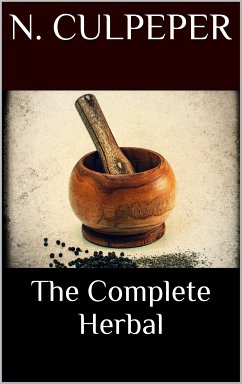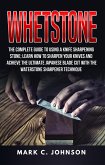All other Authors that have written of the nature of Herbs, give not a bit of reason why such an Herb was appropriated to such a part of the body, nor why it cured such a disease. Truly my own body being sickly, brought me easily into a capacity, to know that health was the greatest of all earthly blessings, and truly he was never sick that doth not believe it. Then I considered that all medicines were compounded of Herbs, Roots, Flowers, Seeds, &c., and this first set me to work in studying the nature of simples, most of which I knew by sight before; and indeed all the Authors I could read gave me but little satisfaction in this particular, or none at all. I cannot build my faith upon Authors’ words, nor believe a thing because they say it, and could wish every body were of my mind in this,—to labour to be able to give a reason for every thing they say or do. They say Reason makes a man differ from a Beast; if that be true, pray what are they that, instead of reason for their judgment, quote old Authors? Perhaps their authors knew a reason for what they wrote, perhaps they did not; what is that to us? Do we know it? Truly in writing this work first, to satisfy myself, I drew out all the virtues of the vulgar or common Herbs, Plants, and Trees, &c., out of the best or most approved authors I had, or could get; and having done so, I set myself to study the reason of them.
Bitte wählen Sie Ihr Anliegen aus.
Rechnungen
Retourenschein anfordern
Bestellstatus
Storno









